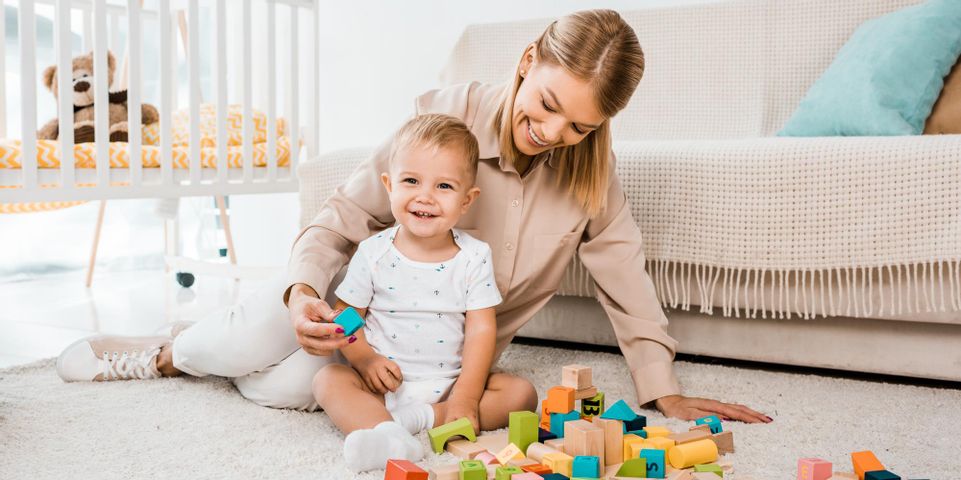What Kind of Child Custody Arrangement Is Best for Your Little One?

When going through a divorce or separation, causing minimal disruptions to your children’s lives is a priority. Custody agreements ensure minors are financially cared for and receive the same love and support they did in the family home. When determining the best arrangement, relationship to each parent, income, and additional factors are considered. Familiarize yourself with these child custody arrangements before meeting your family law attorney.
3 Child Custody Arrangements You Should Know About
1. Physical Custody
The child will live in the home of the parent who’s granted physical custody. The other parent is awarded visitation rights. This arrangement is common if both parents don’t live in the same city. When it’s relatively easy for the child to travel back and forth between residences, the courts might grant joint physical custody. With this arrangement, the child will live with both parents part-time.
2. Legal Custody
 When a parent is given legal custody, they have the right to give their consent about how the child is raised. This includes matters regarding medical treatment, education, and religious affiliations. With joint legal custody, both parents have the authority to make these decisions and must work together in the best interests of their child. If one parent violates these terms, the other can let the court know.
When a parent is given legal custody, they have the right to give their consent about how the child is raised. This includes matters regarding medical treatment, education, and religious affiliations. With joint legal custody, both parents have the authority to make these decisions and must work together in the best interests of their child. If one parent violates these terms, the other can let the court know.
3. Sole Custody
If one parent can provide a more stable environment and consistent financial support than the other, they might be awarded sole physical and legal custody by the family law judge. In this case, it’s their sole responsibility to provide a home for the child and make legal decisions regarding their daily life. Sole physical custody might also be granted to one parent if the other has people living in the home that are deemed dangerous to minors by the court.
If you need help understanding family law for a child custody hearing, contact the attorneys at the Law Office of Carmen DiAmore-Siah in Honolulu, HI. For over 20 years, their team has help clients across Oahu maintain a family unit after divorce and legal separations. With the help of Japanese, Chinese, Filipino, and Spanish translators on staff, they’ll also assist with citizenship and immigration cases. Call (808) 531-2277 to schedule a free initial consultation, or visit the website for more information about their divorce and family law services.
About the Business
Have a question? Ask the experts!
Send your question

